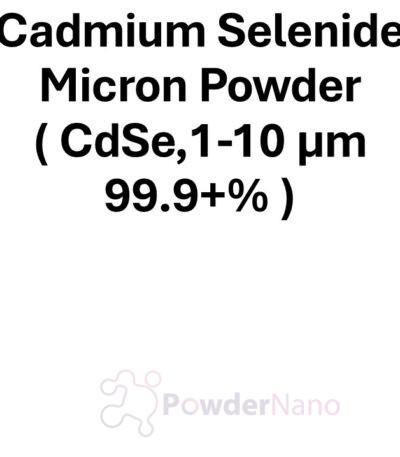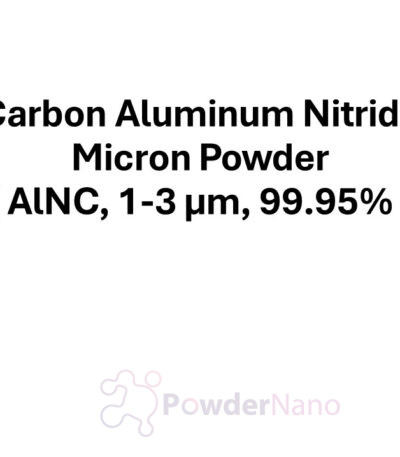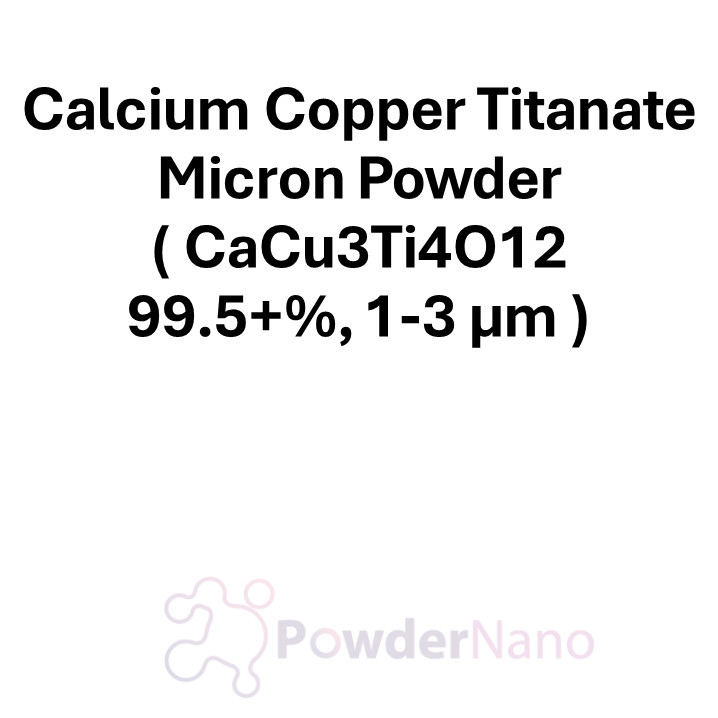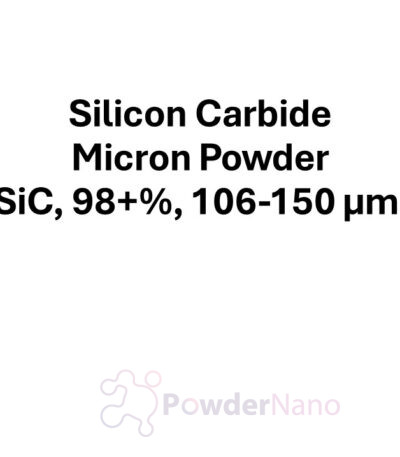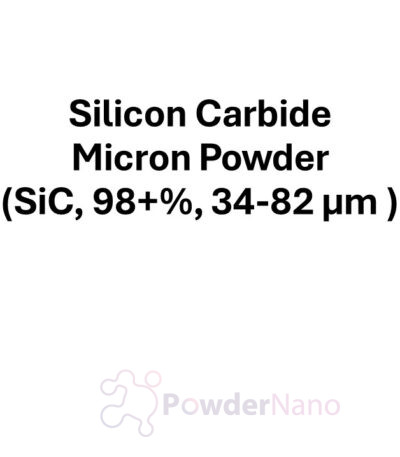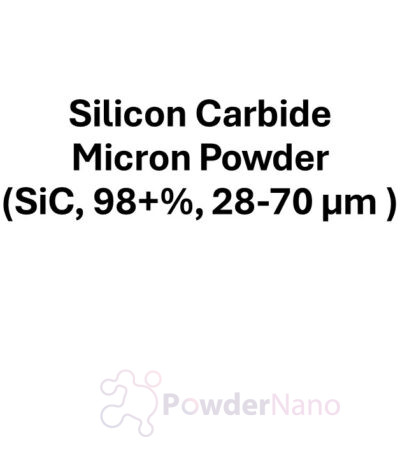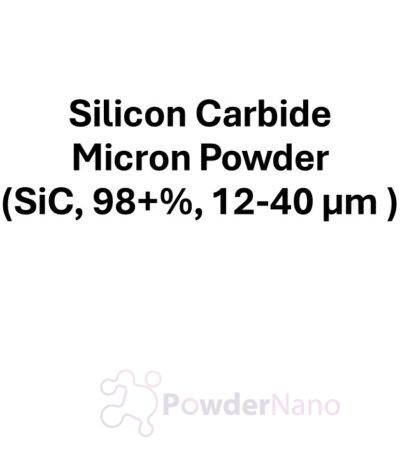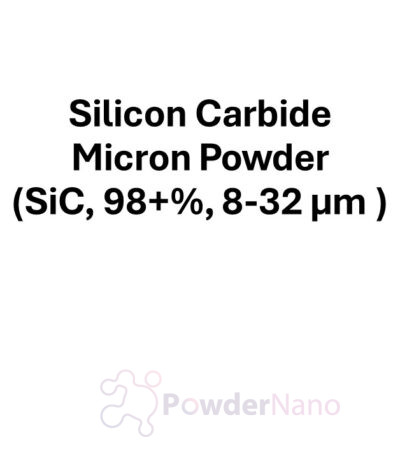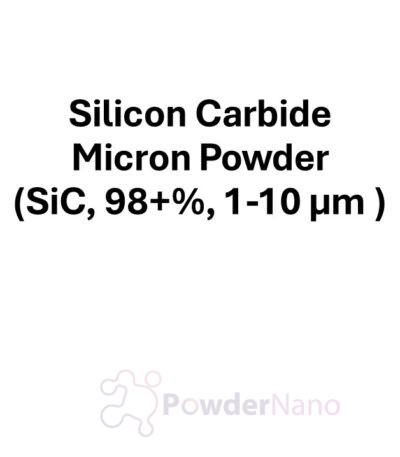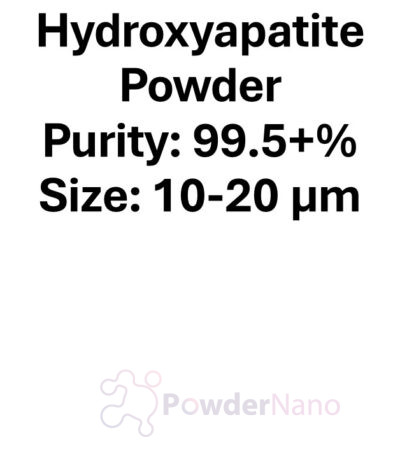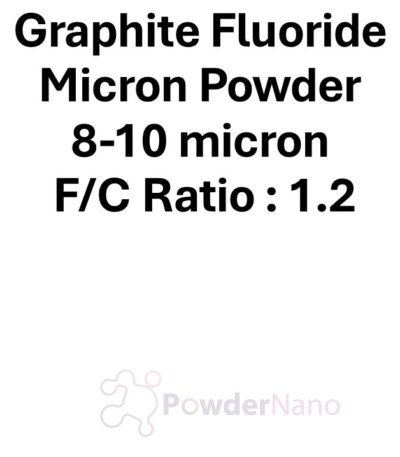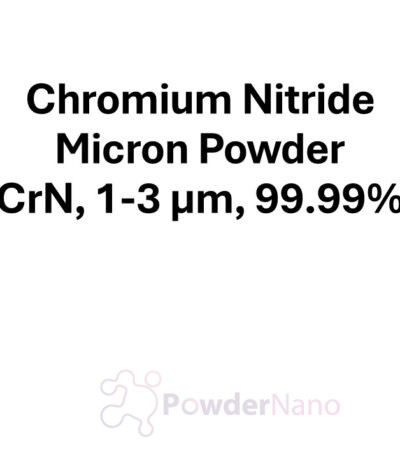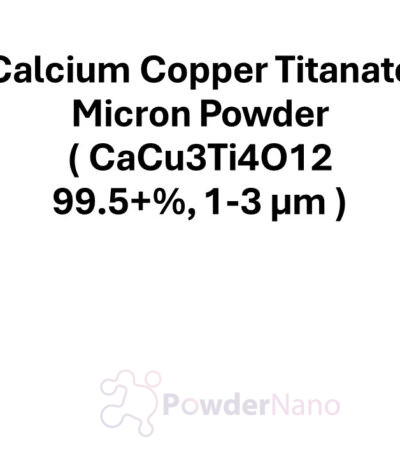Calcium Copper Titanate Micron Powder (CaCu₃Ti₄O₁₂, 99.5+%, 1-3 µm)
Technical Specifications:
- Material: Calcium Copper Titanate (CaCu₃Ti₄O₁₂)
- Purity: 99.5+% (high purity)
- Particle Size: 1-3 µm (microns)
- Shape: Typically irregular, may include some spherical particles depending on the manufacturing process
- Density: Approximately 6.1 g/cm³ (for the alloy)
- Melting Point: Approx. 1,300°C (2,372°F)
- Boiling Point: Decomposes at very high temperatures (above 2,000°C)
- Chemical Composition (CaCu₃Ti₄O₁₂):
- Calcium (Ca): ~12.3%
- Copper (Cu): ~23.2%
- Titanium (Ti): ~34.5%
- Oxygen (O): ~30%
Applications:
- Multilayer Ceramic Capacitors (MLCCs):
- Calcium Copper Titanate is used in the manufacture of multilayer ceramic capacitors (MLCCs) due to its high dielectric constant and low loss characteristics. The 1-3 µm micron powder is ideal for creating fine layers in ceramic capacitors, which are used in electronic circuits for signal processing, power management, and filtering applications.
- It is commonly used in high-performance capacitors required for automotive electronics, communication systems, and consumer electronics.
- Dielectric Materials:
- CaCu₃Ti₄O₁₂ is widely used as a dielectric material in electronic devices. Its ability to maintain high dielectric strength makes it suitable for applications such as insulating layers in capacitors, electrical circuits, and sensor technologies. The powder can be used in high-capacity energy storage devices and high-voltage systems.
- The micron powder form enables precise, high-quality layer deposition for electronic components that require stable dielectric properties.
- Piezoelectric Applications:
- Calcium Copper Titanate exhibits piezoelectric properties, which means it can generate an electric charge in response to mechanical stress. This makes it useful for piezoelectric sensors, actuators, and energy harvesting devices.
- The micron powder is used to create thin-film piezoelectric materials for applications such as vibration sensors, pressure sensors, and energy converters in industries such as automotive, aerospace, and medical devices.
- High-frequency Applications:
- Due to its high dielectric constant, CaCu₃Ti₄O₁₂ is used in high-frequency devices such as filters, oscillators, and resonators. The micron powder is ideal for producing fine-tuned components that maintain stable performance at radio frequencies (RF) and microwave frequencies, making it suitable for telecommunications and wireless communication technologies.
- Energy Storage Devices:
- Calcium Copper Titanate is used in the development of energy storage devices, especially supercapacitors and batteries. Its high capacitance and excellent charge/discharge properties make it an ideal material for electric vehicles, renewable energy systems, and energy storage devices requiring high efficiency and rapid charge capabilities.
- The 1-3 µm micron powder ensures the formation of high-performance energy storage devices with longer operational life.
- Dielectric Resonators:
- CaCu₃Ti₄O₁₂ is used in the production of dielectric resonators for microwave communication systems, radar systems, and telecommunications. The material’s ability to maintain high electrical stability under varying conditions makes it ideal for high-precision resonators that are used to generate stable frequencies in communication devices.
- The micron powder enables the production of fine-tuned dielectric resonators for satellite communication, radar systems, and microwave systems.
- Thermoelectric Devices:
- Calcium Copper Titanate can also be used in thermoelectric applications to convert heat into electrical energy. Due to its high thermal stability and efficient heat conversion properties, it is used in thermoelectric generators and coolers that rely on temperature differences to produce electric power.
- The micron powder can be used to create thermoelectric materials for portable power generation systems, space exploration, and automotive applications.
- Sensing and Detection:
- The dielectric properties of CaCu₃Ti₄O₁₂ make it useful in sensing applications, such as pressure sensors, vibration sensors, and humidity sensors. The micron powder can be used to create highly sensitive sensors for industrial monitoring, healthcare applications, and environmental sensing.
- The piezoelectric properties also enable its use in sensing devices where changes in physical forces such as pressure or stress need to be detected and converted into measurable electrical signals.
- Advanced Ceramic Manufacturing:
- CaCu₃Ti₄O₁₂ is used to produce advanced ceramics that are required to function in extreme conditions. The micron powder is used in ceramic-based materials that need to withstand high temperatures, mechanical stress, and electrical fields. These ceramics are used in aerospace, defense, and electronic applications.
- The high dielectric strength and thermal stability make it suitable for high-performance ceramic capacitors and insulating materials.
- Research and Development:
- Calcium Copper Titanate Micron Powder is widely used in research and development for exploring new dielectric materials, piezoelectric systems, and energy storage devices. Researchers use the powder to study the material’s properties in the development of advanced electronics, novel sensor technologies, and high-efficiency capacitors.
- The micron powder is used in material science to optimize manufacturing processes for high-precision electronic components and energy-efficient technologies.
Calcium Copper Titanate Micron Powder (CaCu₃Ti₄O₁₂, 99.5+%, 1-3 µm) is a high-performance material with unique dielectric, piezoelectric, and thermal properties. It is widely used in electronic devices, energy storage systems, sensing technologies, telecommunications, and high-temperature applications. The fine particle size ensures optimal performance in the manufacturing of multilayer capacitors, resonators, sensors, and advanced ceramic materials. Its high dielectric constant, stability under extreme conditions, and piezoelectric properties make it a versatile material in cutting-edge technologies for industries such as aerospace, automotive, medical devices, and telecommunications.
